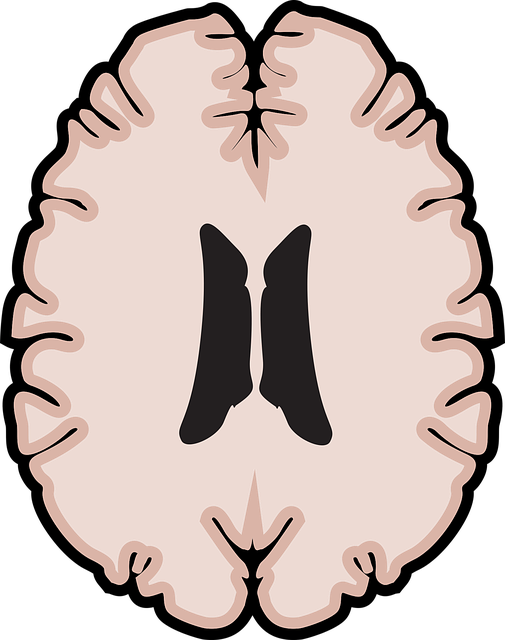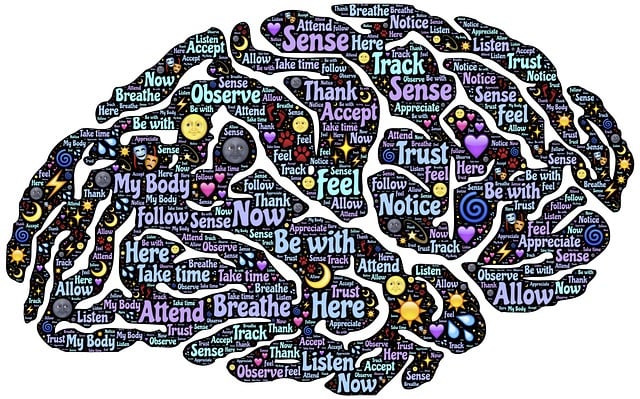Mental health issues in young children, often stemming from child abuse and trauma, require early intervention. Organizations offering therapy and trauma support services play a crucial role in promoting resilience and healthy emotional growth. Marketing a mental wellness app targeted at these children and their caregivers should emphasize the app's therapeutic benefits and safety features, including tools for stress reduction, self-awareness exercises, and secure digital environments to prevent child abuse and enhance overall well-being.
In today’s fast-paced world, mental wellness apps offer crucial support for young children facing growing pressures. This article delves into a comprehensive marketing strategy development for such apps, addressing critical issues like understanding mental health problems in young kids and the profound impact of child abuse on psychological wellness. We explore effective targeting of parents and caregivers as key audiences and highlight essential app features for creating supportive digital environments. Additionally, we discuss promoting therapy and safety through tailored marketing campaigns, focusing on therapy for young children affected by child abuse.
- Understanding Mental Health Issues in Young Children
- The Impact of Child Abuse on Psychological Wellness
- Targeting the Right Audience: Marketing to Parents and Caregivers
- App Features: Creating a Supportive Digital Environment
- Promoting Therapy and Safety through Effective Marketing Campaigns
Understanding Mental Health Issues in Young Children

Mental health issues among young children are a growing concern, with many challenges unique to this demographic. Early life experiences significantly impact a child’s emotional and psychological development. Issues such as anxiety, depression, and trauma often manifest in childhood and can persist into adulthood if left unaddressed. One critical aspect that contributes to these problems is child abuse, which includes physical, emotional, and sexual abuse, as well as neglect. These traumatic experiences can have long-lasting effects on a child’s mental wellness, affecting their ability to form healthy relationships, manage emotions, and cope with stress.
Early intervention is key in supporting young children’s mental health. Organizations offering therapy for young children play a vital role in fostering resilience and teaching coping skills development. Trauma support services specifically tailored for this age group can help children process difficult experiences and promote healthy emotional growth. Additionally, Stress management workshops within schools or community centers can equip kids with tools to handle everyday pressures, improving their overall well-being.
The Impact of Child Abuse on Psychological Wellness

Child abuse, including physical, emotional, and sexual trauma during childhood, has profound and lasting effects on psychological wellness. Survivors often grapple with complex mental health issues such as anxiety, depression, post-traumatic stress disorder (PTSD), and low self-esteem, which can significantly impact their overall well-being and daily functioning. Early exposure to abuse can disrupt the development of a healthy self-concept and attachmen, leading to difficulties in forming meaningful relationships later in life.
The effects of child abuse extend beyond childhood, creating a cycle that can be challenging to break without proper intervention. Therapy for young children who have experienced abuse is crucial in helping them process their trauma, develop coping mechanisms, and build resilience. Self-care routine development for better mental health becomes an essential tool for survivors to navigate their emotional landscape and reclaim a sense of safety and control. Additionally, mental wellness podcast series production can offer valuable resources and support networks, promoting awareness, understanding, and healing within affected communities. Mood management techniques taught through these platforms empower individuals to take proactive steps toward overcoming the intergenerational impacts of child abuse.
Targeting the Right Audience: Marketing to Parents and Caregivers

When developing a marketing strategy for a mental wellness app focused on therapy for young children, targeting parents and caregivers is crucial. This demographic is uniquely positioned to identify and address potential issues early on, which can significantly impact a child’s future mental health. By tailoring marketing efforts to these individuals, the app can reach those who are actively seeking solutions for their children’s emotional well-being.
Caregivers often face an array of challenges, from work demands to juggling family responsibilities. Effective marketing should highlight how the app offers convenient, accessible tools to manage stress reduction methods and promote self-awareness exercises that enhance emotional intelligence in both parents and children. Emphasizing these benefits can foster a sense of empowerment among caregivers, encouraging them to prioritize their mental wellness as well as that of their families, ultimately contributing to a safer environment free from child abuse.
App Features: Creating a Supportive Digital Environment

Creating a supportive digital environment is key when developing mental wellness apps targeted at young children. Incorporate features that foster open communication and provide accessible therapy options, addressing the unique needs of this demographic. Interactive tools such as mood trackers, calming exercises, and gamified activities can engage kids while teaching them emotional intelligence. These features not only promote self-awareness but also offer a safe space for expression, especially beneficial for those who may struggle to verbalize their feelings or experiences.
By integrating evidence-based practices, the app can serve as a digital safe haven, enhancing traditional therapy sessions. For instance, incorporating risk assessment tools specifically designed for mental health professionals enables early identification of potential child abuse cases. This not only ensures the safety and well-being of children but also equips parents and caregivers with resources to support healthy emotional development. A holistic approach that combines digital engagement with therapeutic interventions can significantly contribute to improving mental wellness among young users.
Promoting Therapy and Safety through Effective Marketing Campaigns

In developing a marketing strategy for mental wellness apps focused on young children, prioritizing therapy and safety is paramount. Campaigns should highlight the app’s ability to introduce early users to essential self-care practices and coping skills development tailored to their age group. By emphasizing these aspects, parents and caregivers can be assured that their children are engaging in activities that not only promote mental well-being but also address potential issues like child abuse proactively.
Effective marketing should convey the app’s role in fostering “mind over matter” principles for young minds, encouraging a positive mindset from an early age. This approach not only enhances overall mental wellness but also equips children with valuable tools to navigate life’s challenges. Through compelling narratives and authentic testimonials, the campaigns can build trust, ensuring parents feel safe knowing their children are engaged in therapeutic activities within a secure digital environment.
In addressing mental wellness app marketing, especially for young children, it’s clear that understanding specific issues like child abuse and its impact on psychological wellness is paramount. Effectively targeting parents and caregivers with tailored marketing strategies is key to ensuring these apps reach those who need them most. By focusing on app features that create safe, supportive digital environments and promoting therapy as a central aspect of campaigns, we can significantly contribute to the well-being of young individuals. Leveraging SEO keywords like “therapy for young children” and “child abuse” ensures our efforts resonate with relevant audiences, ultimately fostering healthier minds in our communities.










